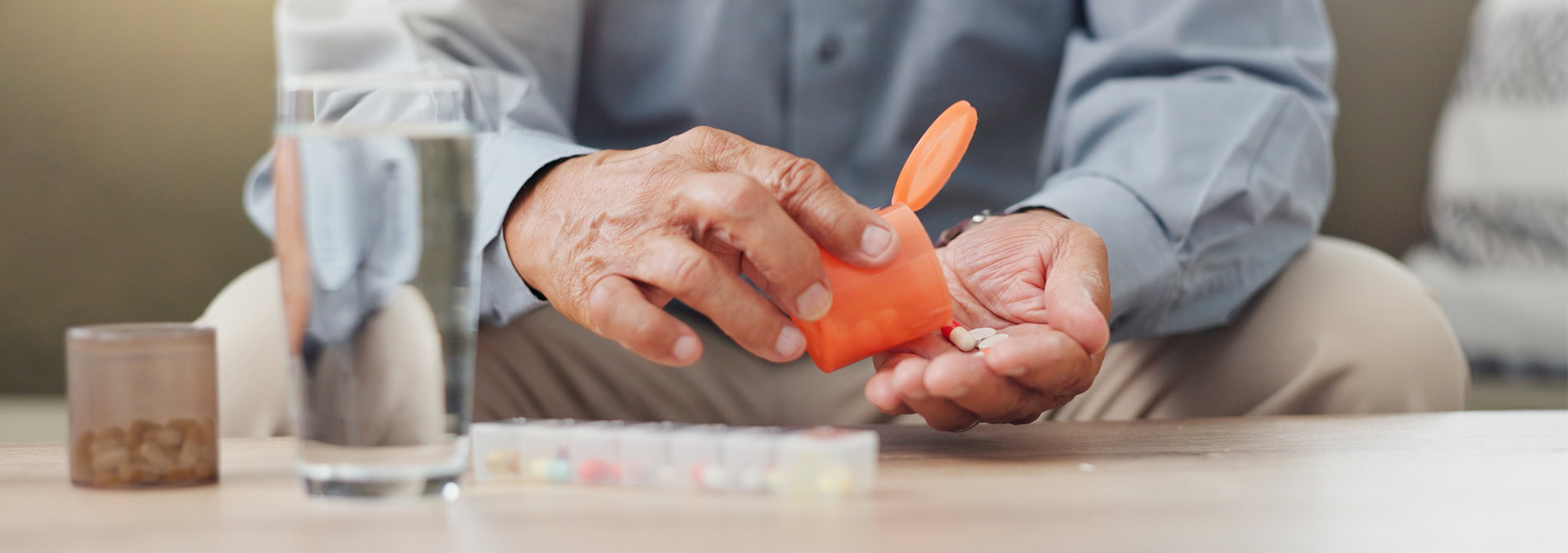It’s common to feel fatigued early in addiction recovery. Exactly why you feel fatigued depends on your specific circumstances, though all of them relate to brain health. For example, if you’re recovering from cocaine addiction, your brain is trying to function without the powerful stimulant it has come to rely on. If you’re recovering from opioid addiction, you may have just gone through a brutal period of withdrawals. Whatever substance you’re recovering from, you are likely to feel irritable, anxious, and have trouble sleeping, all of which can be exhausting. You may have formed some unhealthy lifestyle habits as well. You may not have noticed the toll they were taking when you could cover the symptoms with substance use, but now that you’ve been through detox, those habits may be catching up with you. If you’re feeling exhausted early in recovery, here are some ways to deal with it.
Accept it.
When you’re feeling exhausted early in recovery, perhaps the most important thing is to accept that what you’re feeling is normal. Your brain has some chemical issues to work out and your body has some damage to repair. You’re going to feel tired; it’s just part of the healing process. If you try to resist and think you shouldn’t feel tired and get mad about it, you’ll only add to your suffering. Instead, accept that what you’re feeling is normal and it will just take time before you have more energy. In the meantime, just do what you can.
If you or a loved one need help, call our admissions team today at 561-841-1033.Sleep as much as you can.
Insomnia is often a problem for people starting out in recovery. Prolonged use of many substances, particularly alcohol, opioids, and benzodiazepines, leads to chronically low levels of the inhibitory neurotransmitter GABA. As a result, you may feel anxious, agitated, and have trouble sleeping for a while. It’s not a good idea to take sleeping medication unless under the direct supervision of a doctor who understands addiction. Even then, pharmacological interventions should be used with care. Your therapist can help you with strategies to sleep better. Make sure you’re using good sleep hygiene like sleeping in a dark, quiet place and avoiding screen time just before bed. The more you’re able to rest, the better you will feel.
Eat healthily.
Many addictions lead to unhealthy eating habits. Stimulants and opioids often lead you to eat too little and alcohol damages your intestinal lining, preventing your body from absorbing vital nutrients. Correcting these deficits can take a little time. Nutritional supplements may help things along, but basically, you have to get into the habit of eating healthy whole foods in order to help your body heal and sustain your energy levels. Your stomach has to heal and your body has to adapt to healthy food after perhaps years of neglect. However, eventually, healthy eating will make you feel stronger and more energetic. A nutritional assessment can help you and your treatment team develop a plan for healthy eating that can change your body on a cellular level.
Get some exercise.
Exercise is usually the last thing you want to do when you feel chronically exhausted, but it may boost your energy more quickly than anything else. Wellness activities are a critical component of overall health, and invariably affect how the brain functions. Exercise gets your blood pumping and increases neurotransmitters like dopamine and serotonin, as well as endorphins. Start by doing what you can and build gradually. The more exercise you can do, the more energy you’ll have for daily life.
Hanley Center is a well-known care provider offering a range of treatment programs targeting the recovery from substance use, mental health issues, and beyond. Our primary mission is to provide a clear path to a life of healing and restoration. We offer renowned clinical care for mental illnesses and have the compassion and professional expertise to guide you toward lasting wellness. For information on our programs, call us today: 561-841-1033.




